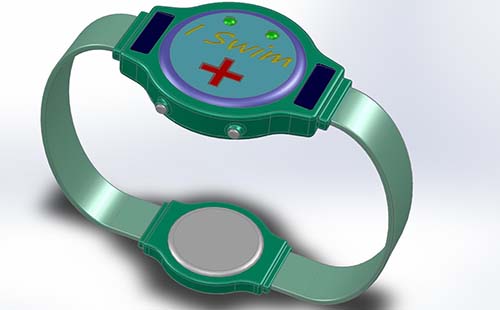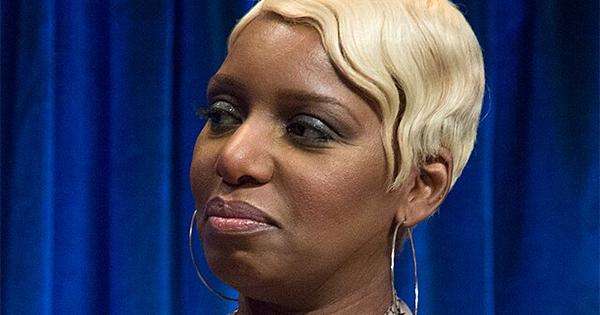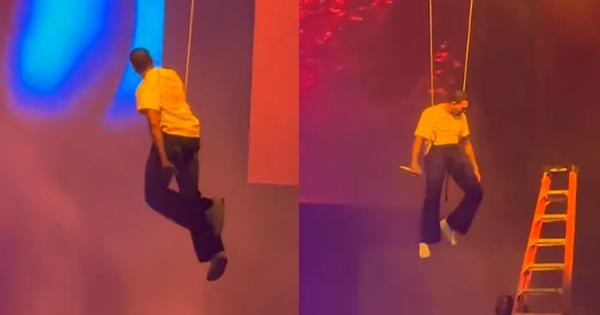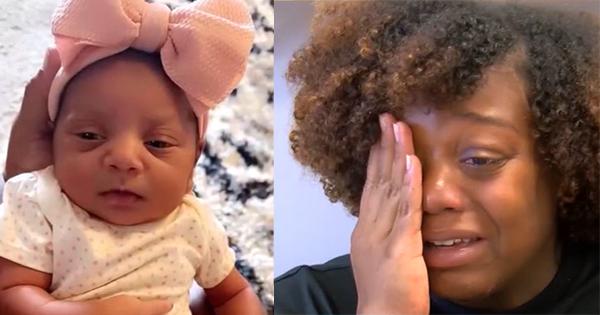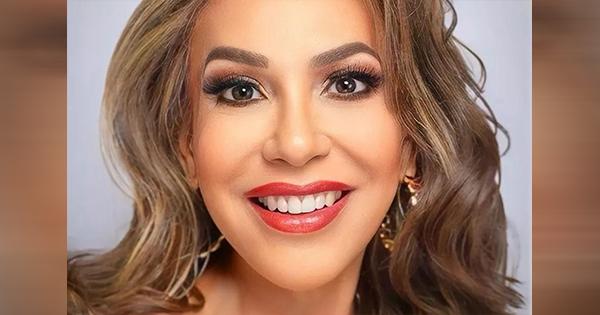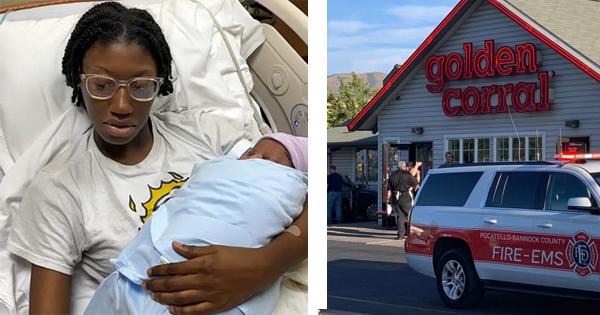San Diego, CA — A typical story played over and over again in African-American families all over the country, which involves the drowning of African-American children, yet it goes un-noticed, and under-reported. It may be a swimming pool, a lake, a river or the ocean, all too often, are places of no return for a disproportionate number of African-American children. The following story is true, however, at least partially typical. The bad news is, that this story ends in the death, and destruction of a typical African-American family. The good news is, that a possible remedy was born out of this tragedy. This tragic beginning led to the birth of the Alfred Jones Anti-Distress Device (AJADD) U.S Patent # 8,659,435 B2 issued Feb. 24, 2014, the first true swim safety system.
As happened to be the case, Muriel who was also a professional lifeguard kept a somewhat watchful eye on the pool along with a designated parent on duty to make sure that the utmost safety was observed. The party was held at the home of George and Wendy McKinney who were the homeowners. Wendy was Muriel’s sister. During the party Muriel and Wendy where frying fish, and fries for everyone. During the party, the kids were playing dead man float, and as fate would have it, Albert got in trouble, yet no one notice, and before anyone caught on, Albert was at the bottom of the pool. Once discovered, Wendy, and her 9 year old son Tyler, along with Muriel immediately dove to the bottom of the pool, and brought Albert to the pools edge, began to perform mouth-to-mouth resuscitation(CPR), as one of the parents called 911. George who was in another part of the house, relaxing and listening to music, and was unaware of the events that had just taken place. It wasn’t until George heard the cries of Albert’s sister on the stairway, that he realized that something had gone wrong, very wrong. Instinctively George knew it had something to do with the children in the pool, which created terrifying scenarios in his mind. George rushed to the pool, and observed Wendy, and sister-in-law performing CPR on Albert.
The fire department was only a mile from their home and the paramedics were there in minutes. George remembered that the paramedics rushed Albert to the hospital. George and Muriel left from the home devastated with a friend, and fellow parent named Barbara, who drove them to the hospital. When they got there, they were greeted by a member of the hospital staff who whisked them off to a special room. George remembered how his friend Barbara, who had a similar experience just a few years ago, said that, ” this doesn’t look good, and they are getting ready to give us some bad news.” Well, they were all asked to sit down, and designated hospital staff began to tell them how their medical team had tried desperately to save Albert, but, “he was gone.” George, Muriel and Barbara were devastated. In fact, Muriel and George had to be checked in to the hospital because their blood pressure sky-rocketed. George remained almost overnight until his blood pressure was under control. The devastation to Albert’s family and to all that were there could easily occupy a 2,000-page novel.
Through this experience George was motivated to do research on drowning and its effects on households. Hefound that drowning is the second highest cause of accidental death among children, and that African-American children, had the highest death toll among all, was reported at triple the rate of Caucasian children. A cause was born, and as a result of this experience, George reportedly had a vision, which led to the creation of AJADD. George envisioned a underwater distress signal device in the form of a watch or hand instrument which would be worn on the body, which would be coupled with GPS, vitality monitoring, and swimmer identification technologies, which together would form the solution. George’s device, recently named AJADD after Albert, would add a layer of protection by allowing a swimmer to send and received signals to a lifeguard, or a caretaker, on land, or on by ship. So, if a swimmer was in distress, the swimmer would be able to transmit vitality information, or other needed information to a lifeguard, or caretaker. The beauty of this system would be that it allows the lifeguard or caretaker to monitor the activities of several swimmers in real-time, at the same time.
The applications of this device could be far-reaching, including use in swimming pools, rivers, lakes and in the ocean. George’s proposed device could also be used on cruise ships, oil rigs, and by the US Military. He is looking for investors to help complete his first prototype. He has already assembled a team of electrical, mechanical engineers and doctors to assemble the prototype, but he is looking for qualified investors, and of course, they will share in the future profits of the company. George says that a percentage of the proceeds that will be designated to help children and families affected by drowning, and for swim lessons for impoverished youth.
Journalists or investors interested in contacting George McKinney should call (619) 517-6729 or visit www.betterlifetechnologiesgroup.com for more info.
PRESS CONTACT:
George A. McKinney
Better Life Technologies Group, Inc.
619-517-6729
starcolony8@gmail.com
betterlifetechnogies@gmail.com

